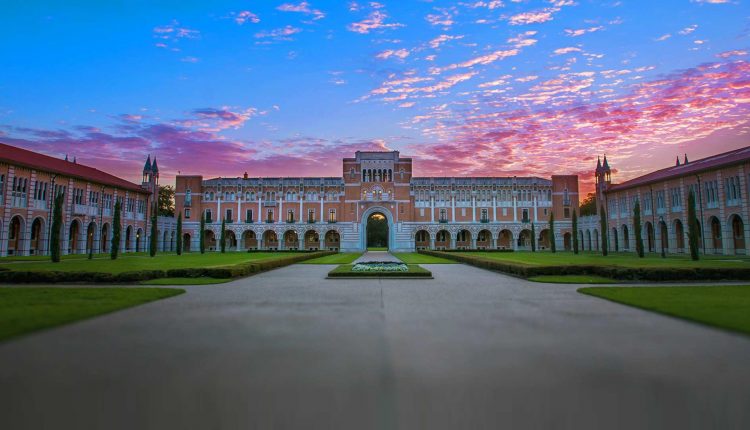Rice University: Rice economist’s research on school choice suggests ways to improve experience for students, parents
For school-age students and their parents, school choice programs can be complicated and stressful. Research from Rice University economist YingHua He suggests the process gets easier when schools are upfront about admission prospects and other details that factor into decisions, and that students should be allowed to apply before having to rank schools in order of preference.
He’s research is summarized in three papers, published in the Journal of Economic Theory, Economic Theory and the Journal of Political Economy. The assistant professor of economics co-authored the papers with Yan Chen from the University of Michigan, Julien Grenet from the Paris School of Economics and Dorothea Kübler from the WZB Berlin Social Science Center.
The researchers investigated school application and selection processes in the United States and around the world, which often vary significantly. He said it’s common for students and parents to gather their own information on schools, and many school choice programs require them to rank their preferences before they know which they’re accepted to.
“Choosing a school is one of those all-important decisions that can forever change the trajectory of a student’s life,” He said. “We must do all we can to simplify this process and help students get access to the best schools possible.”
He noted the wasted effort parents and students often put in to examine potential schools, only to be rejected.
“Our research shows that applying first and ranking their applications later is quite helpful in that it reduces the burden of information acquisition,” he said, citing the university admission processes in France and Germany, where that format is commonplace. “Parents and students can focus their attention on the schools where the students have been accepted.
He said such a system combines the advantages of a centralized system, such as high school choice in Houston and New York City , with those of a decentralized system, such as college admissions in the U.S. “This can be the next big thing in school choice to help parents and students,” he said.

